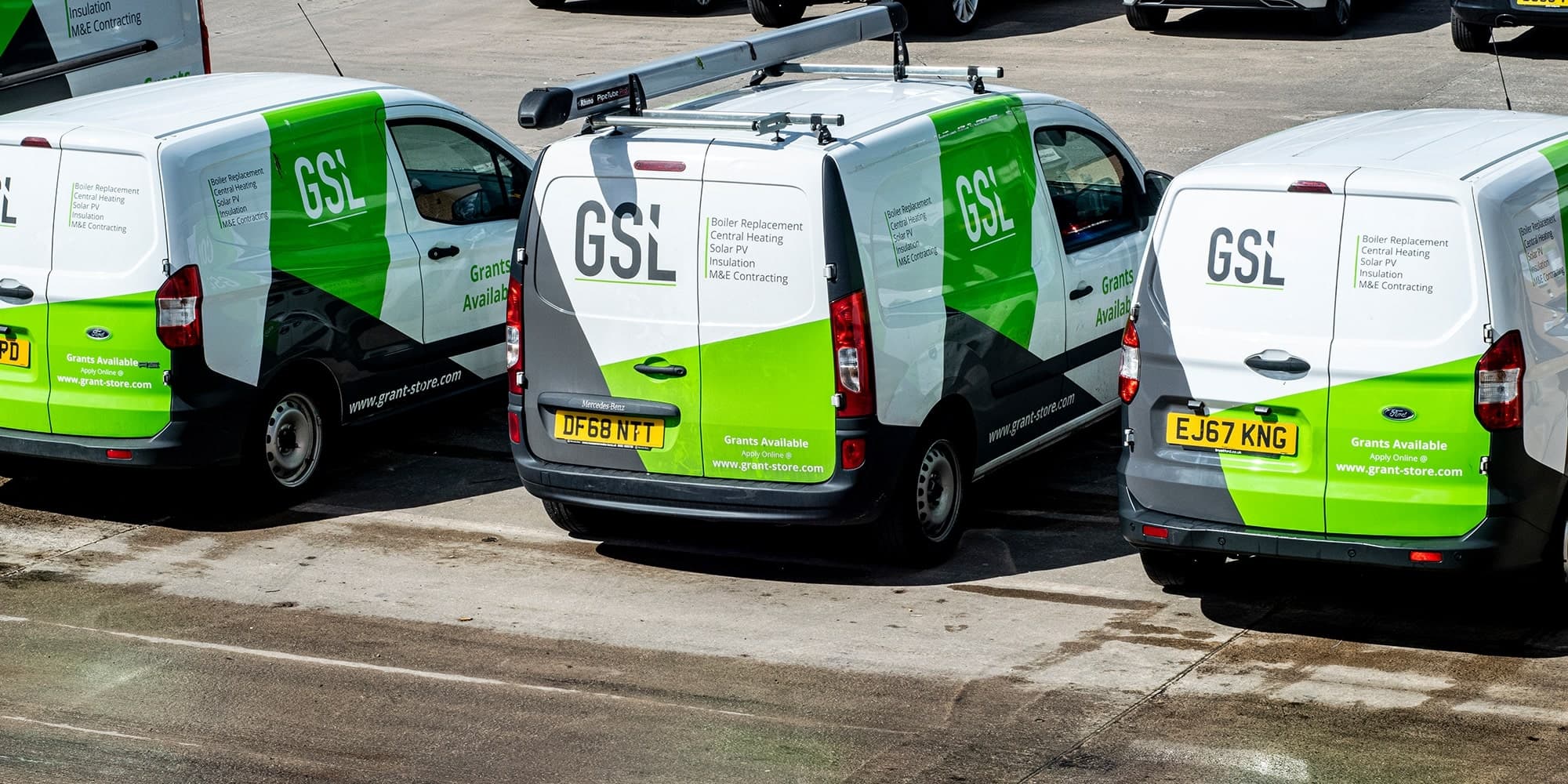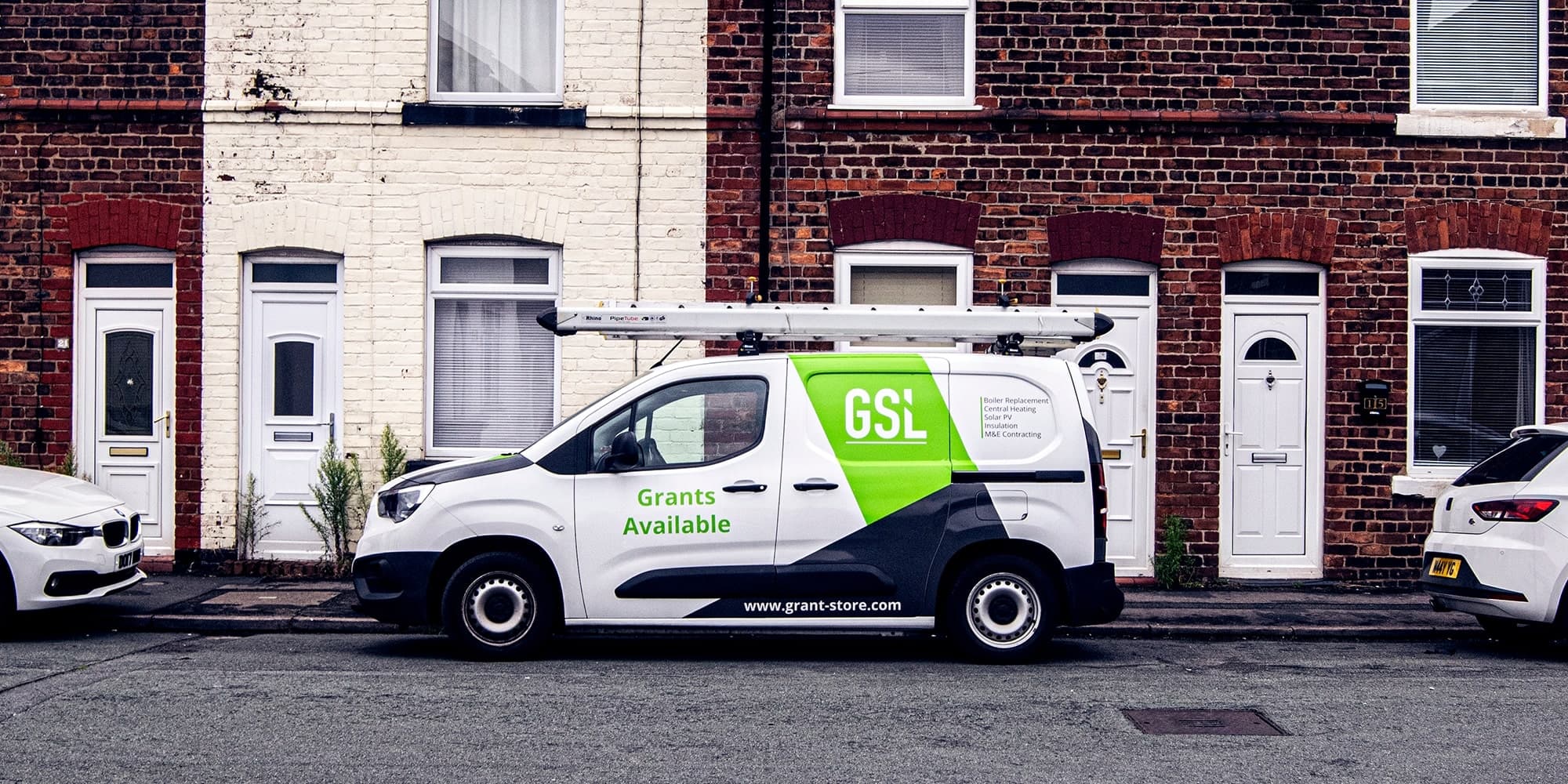August 6th, 2025
How 900m2 of solar panels are helping this NHS hospital go carbon neutral
Written by: Puneet Verma
News
As energy prices continue to soar, solar panels are becoming more commonplace. In fact, as of December 2023, around 1.4 million UK homes have them.
We know these systems quietly convert sunlight into electricity, but have you ever wondered, “How are solar panels made?”
The making of solar panels is a blend of science, sustainability and nature. In this blog, we’ll talk through the process, from the mining of quartz sand to the detailed engineering of the final panels.
Key Takeaways
Solar panels convert sunlight into electricity by using photovoltaic cells. These cells are made of silicon, a semiconductor material that collects the energy from light particles and converts it into an electric current.
Put simply, when sunlight hits the solar panel, it causes the electrons in the silicon atoms to flow freely, creating an electric current.
However, for this flow of electricity to be useful, it needs to be contained and directed. This is where the metal frame comes in. It allows the electrons to escape and travel through metal conductors to an inverter, where they go on to power our homes, businesses, and more.
A variety of materials and components are needed to make a solar panel installation. Here are the main ones:
Photovoltaic cells, made of silicon semiconductors, convert daylight into electricity in solar panels. When exposed to sunlight, these cells generate an electric charge in the form of direct current (DC), which is then converted into alternating current (AC) for use in homes and buildings. Collectively, multiple photovoltaic cells make up a solar panel or module.
Photovoltaic cells, the building blocks of solar panels, are made of wafers of silicon crystals. These crystals can either be monocrystalline – the most efficient structure – or polycrystalline, the less efficient but more affordable option.
These weatherproof enclosures are usually made of plastic or metal, and act as the central hub for your solar system’s electrical connections. They safeguard the wiring from external elements like moisture, dust, and debris that could corrode or damage.
Inside the junction box, all the electrical connections and components are housed. This allows the DC power to flow securely to the inverter, which transforms it into usable alternating current (AC) for powering your home.
Solar panels also rely on strong, weatherproof backing material for long-lasting performance – usually glass or metal.
Glass is popular for its transparent properties, which allow the most daylight to reach the cells. It also protects from moisture, dust, and physical damage. Plus, because glass is an electrical insulator, it prevents unwanted currents within the panel.
On the other hand, metal offers better strength and durability and can withstand harsh weather conditions for many years.
Get a solar panel quoteIf you’re thinking about investing in your own solar power installation, you’ve landed in the right place. Our experts have years of hands-on experience and have helped thousands of households, businesses and local authorities upgrade their properties and save money with solar installations.
Worried about the cost? You could be eligible for funding through the ECO4 scheme. Just send us your information, and we can figure out if you qualify and help you apply for your grant.
Whether you have questions about the right set-up or already know exactly what you want, we’re the go-to solar power company. Call our team today for your free quote.
August 6th, 2025
How 900m2 of solar panels are helping this NHS hospital go carbon neutral
Written by: Puneet Verma
News
August 6th, 2025
What is a solar panel inverter?
Written by: Puneet Verma
News
June 9th, 2025
Solar water heating vs solar PV: What’s right for you?
Written by: Gareth Whitehill
News
May 9th, 2025
Solar panel installation: Step-by-step guide for UK homes & businesses
Written by: Gareth Whitehill
News
April 9th, 2025
Are solar batteries worth it in the UK?
Written by: Gareth Whitehill
News
April 9th, 2025
What size solar battery do I need?
Written by: Gareth Whitehill
News
January 20th, 2025
Heat pumps vs. traditional heating: Which is right for your home?
Written by: Gareth Whitehill
Heat Pumps
January 13th, 2025
Do heat pumps work well in older homes?
Written by: Gareth Whitehill
Heat Pumps
January 6th, 2025
How do air source heat pumps work?
Written by: Gareth Whitehill
Heat Pumps
December 30th, 2024
Are air source heat pumps worth it in the UK climate?
Written by: Gareth Whitehill
News
December 23rd, 2024
Why are heat pumps taking over UK homes?
Written by: Gareth Whitehill
Heat Pumps
December 16th, 2024
Are heat pumps suitable for smaller homes?
Written by: Gareth Whitehill
Heat Pumps
September 25th, 2024
Grant Store are official sponsors of Chorley FC!
Written by: Gareth Whitehill
News
August 30th, 2024
Grant Store is an official Octopus Trusted Partner!
Written by: Gareth Whitehill
News
August 1st, 2024
How green is solar energy?
Written by: Gareth Whitehill
Solar
July 30th, 2024
How to insulate an old house
Written by: Gareth Whitehill
News
July 29th, 2024
What’s Involved in an Air Source Heat Pump Installation?
Written by: Gareth Whitehill
Heat Pumps
July 28th, 2024
A complete guide to heating water with solar power
Written by: Gareth Whitehill
Solar
July 25th, 2024
How To Make the Most Out of ECO4 Funding
Written by: Gareth Whitehill
News
July 23rd, 2024
Are UK homes getting any greener?
Written by: Gareth Whitehill
News
June 27th, 2024
Why should you choose an MCS installer for your heat pump project?
Written by: Gareth Whitehill
Heat Pumps
June 27th, 2024
When does ECO4 end, and what happens next?
Written by: Gareth Whitehill
News
June 11th, 2024
Exploring Energy Grants for Pensioners: A Guide to Lowering Your Energy Costs
Written by: Gareth Whitehill
News
June 11th, 2024
Do air source heat pumps work well with solar panels?
Written by: Gareth Whitehill
Heat Pumps
June 11th, 2024
Your Guide to Understanding Energy Performance Certificates (EPCs)
Written by: Gareth Whitehill
News
June 11th, 2024
What energy grants can I get on Universal Credit?
Written by: Gareth Whitehill
News
June 1st, 2024
Who qualifies for a boiler grant in the UK?
Written by: Gareth Whitehill
News
May 22nd, 2024
Is the UK Government Planning to Ban Gas Energy?
Written by: Gareth Whitehill
News
April 25th, 2024
Your Complete Guide To Off-Gas Property Grants in the UK
Written by: Gareth Whitehill
News
April 24th, 2024
What are electric storage heaters?
Written by: Gareth Whitehill
News
April 23rd, 2024
How To Improve Your Home’s EPC Rating: A Guide to Boosting Efficiency and Reducing Costs
Written by: Gareth Whitehill
News
April 23rd, 2024
What is the ECO Scheme, and how can it help me?
Written by: Gareth Whitehill
News
April 23rd, 2024
How to apply for the ECO4 Grant: Everything you need to know
Written by: Gareth Whitehill
News
April 18th, 2024
The Complete Guide to Heat Pumps: Benefits, Costs, Savings, and Efficiency
Written by: Gareth Whitehill
Heat Pumps
March 13th, 2024
What size solar PV system do I need?
Written by: Gareth Whitehill
Solar
February 27th, 2024
What grants are available for energy-saving?
Written by: Gareth Whitehill
News
November 24th, 2023
How Many Solar Panels Do I Need?
Written by: Gareth Whitehill
Solar
November 23rd, 2023
How Much Money Do Solar Panels Save?
Written by: Gareth Whitehill
Solar
November 22nd, 2023
How Are Solar Panels Made?
Written by: Gareth Whitehill
News
November 22nd, 2023
Do you need planning permission for solar panels?
Written by: Gareth Whitehill
News
November 22nd, 2023
How Much Do Solar Panels Cost?
Written by: Gareth Whitehill
News
November 22nd, 2023
How Do Solar Panels Work?
Written by: Gareth Whitehill
News
November 20th, 2023
Smart Export Guarantee Rates 2024
Written by: Gareth Whitehill
News
November 20th, 2023
Can I Add a Battery to my Solar System?
Written by: Gareth Whitehill
News
November 20th, 2023
How Do You Store Solar Energy?
Written by: Gareth Whitehill
News
October 3rd, 2023
Solar panels: are they worth the cost?
Written by: Gareth Whitehill
News
September 19th, 2023
How efficient are solar panels?
Written by: Gareth Whitehill
News
September 19th, 2023
Do solar panels boost home value?
Written by: Gareth Whitehill
News
September 19th, 2023
What are the pros and cons of solar panels?
Written by: Gareth Whitehill
News
Not sure which energy-saving solution is right for your home? Or do you have questions about grant eligibility? Our team has the answers. Give us a call and we'll help you figure everything out.
Call us now on:
01942 918 844
"*" indicates required fields
